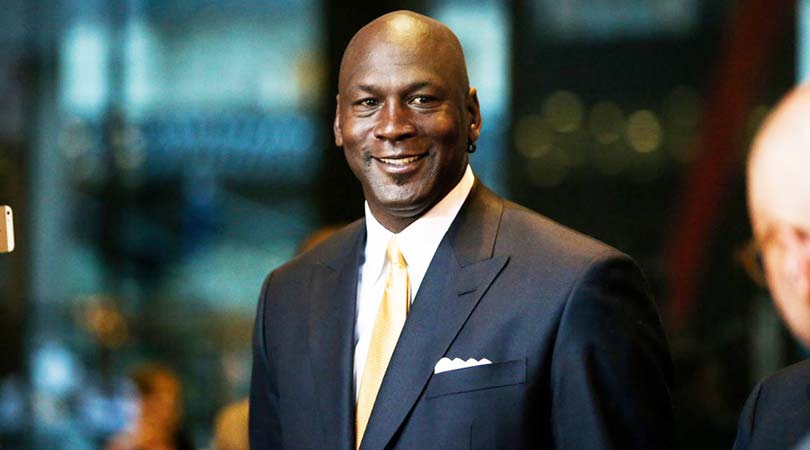Motivational Leaders: Michael Jordan
06 November 2020

Jordan was born on February 17, 1963, in Brooklyn, New York. Growing up in Wilmington, North Carolina, Jordan developed a competitive edge at an early age. He wanted to win every game he played.
Jordan enrolled at the University of North Carolina at Chapel Hill in 1981 and soon became an important member of the school's basketball team. UNC won the NCAA Division I championship in 1982, with Jordan scoring the final basket needed to defeat Georgetown University. He was also singled out as the NCAA College Player of the Year in 1983 and in 1984.
Jordan left college after his junior year to join the NBA in 1984. In 1985, Jordan finished his bachelor's degree in geography as he continued to play basketball professionally.
Jordan began his professional basketball career when he was drafted by the Chicago Bulls in 1984. He was the third overall pick, behind Hakeem Olajuwon, who was selected first by the Houston Rockets, and Sam Bowie, taken by the Portland Trail Blazers; the draft also featured legendary players John Stockton and Charles Barkley.
Jordan soon proved himself on the court. He helped the team make the playoffs and scored an average of 28.2 points per game that season. For his efforts, Jordan received the NBA Rookie of the Year Award and was selected for the All-Star Game.
While his second season was marred by injury, he was breaking new ground on the court during the 1986-87 season. He became the first player since Wilt Chamberlain to score more than 3,000 points in a single season.
By the late 1980s, the Chicago Bulls were quickly becoming a force to be reckoned with, and Jordan was an instrumental part of the team's success.
The Bulls made it to the Eastern Conference Finals in 1990 and won their first NBA championship the following year by defeating the Los Angeles Lakers. Jordan was well known by then for his superior athleticism on the court and for his leadership abilities.
In 1992, the Chicago Bulls beat the Portland Trail Blazers to win their second NBA championship. The team took their third championship the following year, dominating in the basketball world.
Following a short stint in minor league baseball, in March 1995 Jordan returned to the basketball court for the Chicago Bulls. He came back even stronger the following year, averaging 30.4 points per game to lead the Bulls to a then-record 72 regular-season wins before they defeated the Seattle SuperSonics for the NBA championship.
Chicago nearly matched the previous year's record with 69 wins in 1996-97, a season that ended with a six-game win over the Utah Jazz in the NBA Finals. The two teams faced each other again for the championship in 1998, with Jordan sinking the winning shot in Game 6 to claim his sixth NBA title.
After his second retirement from basketball in 1999, Jordan joined the Washington Wizards in 2000 as a part owner and as president of basketball operations.
In the fall of 2001, Jordan relinquished these roles to return to the court once more. He played for the Wizards for two seasons before retiring for good in 2003.
Back to blog 

